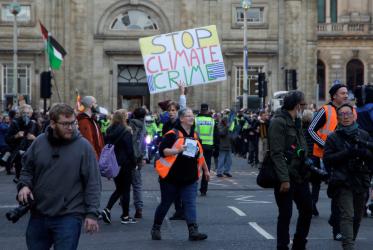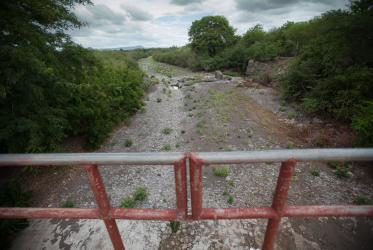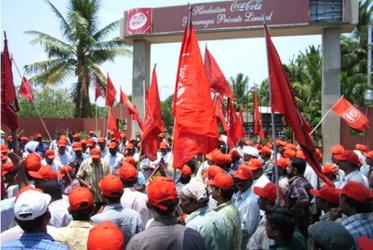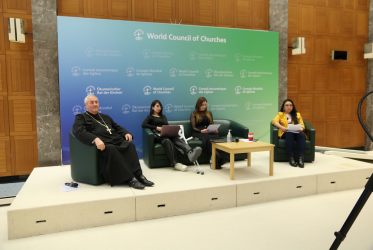Displaying 161 - 180 of 798
Groundwater is “a political question”
27 April 2022
Webinar offered time to reflect on Seven Weeks for Water
13 April 2022
What do we hear when the ecumenical youth roar?
05 April 2022
WCC Eco-School 2022 postponed to November 2022
31 March 2022
Reflect on Seven Weeks for Water at upcoming WCC webinar
31 March 2022

















